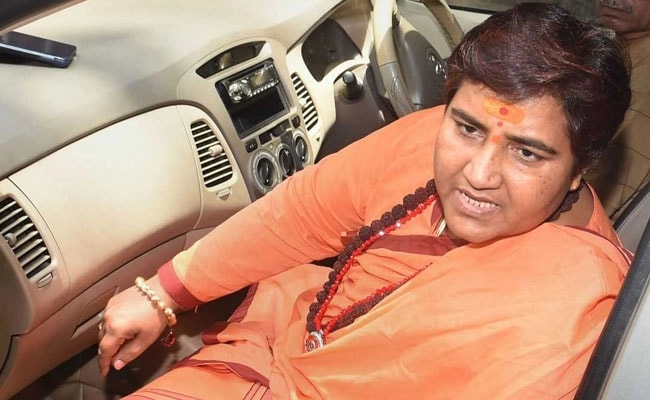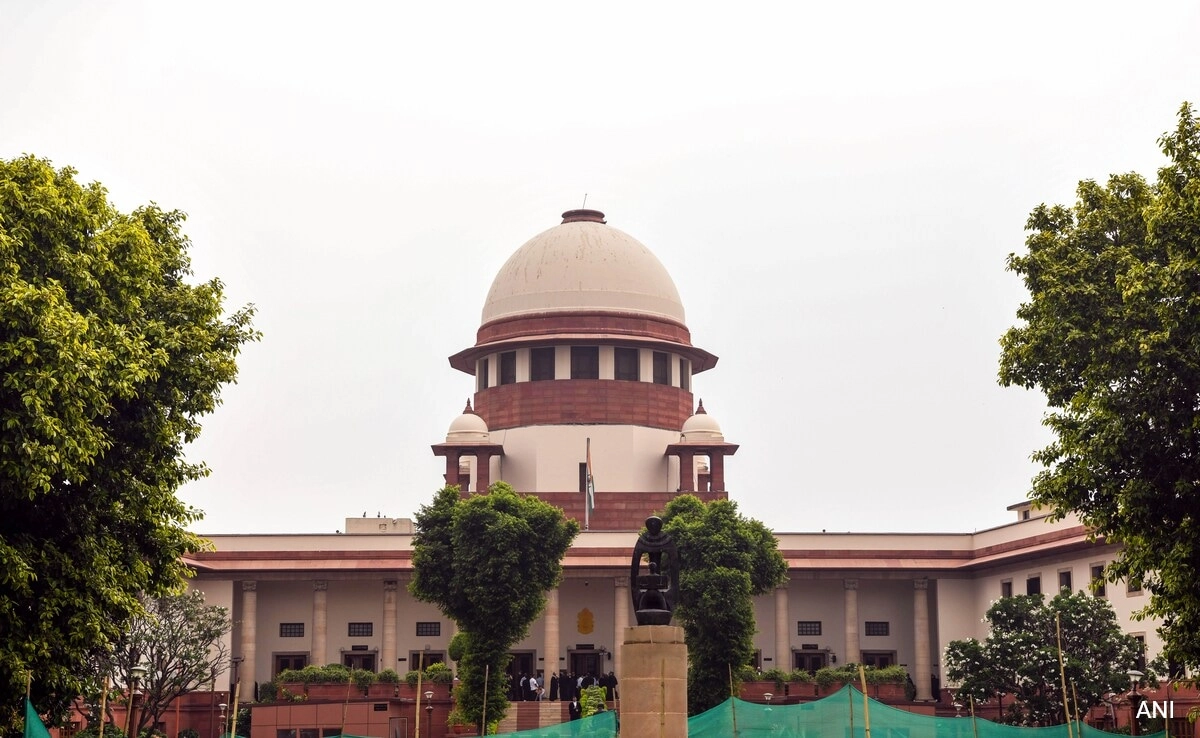In the aftermath of the Malegaon verdict, Pragya Thakur, a prominent political figure, expressed her distress and frustration in a poignant statement to the judge. Her remarks, encapsulated in the phrase “Case ruined my life,” highlighted the profound personal and professional impact that the legal proceedings had on her. The Malegaon case, which involved serious allegations of terrorism, has been a contentious topic in Indian politics, and for Thakur, it represented more than just a legal battle; it was a fight for her dignity and reputation. She articulated a sense of injustice, feeling that the accusations had not only tarnished her image but had also significantly disrupted her life and career.
Thakur’s testimony before the judge painted a vivid picture of the emotional turmoil she experienced throughout the prolonged trial. She detailed the stigma and isolation that came with being embroiled in such a high-profile case, where public opinion swayed heavily against her. The repercussions extended beyond legal ramifications, affecting her personal relationships, public perception, and her role within the political landscape. For Thakur, the case was not merely a judicial issue but a deeply personal ordeal that had far-reaching consequences on her identity and aspirations.
Moreover, Thakur’s statement reveals the broader implications of legal proceedings on individuals involved, especially when they become intertwined with political narratives. The Malegaon case was emblematic of a divisive period in Indian politics, where allegations of terrorism often carried significant weight in shaping public discourse. As she addressed the judge, Thakur’s plea underscored the need for a fair and just process, one that recognizes the humanity of those accused, regardless of the charges they face. Her experience serves as a reminder of the complexities and challenges individuals navigate within the legal system, particularly when their cases become part of a larger political narrative.
In conclusion, Pragya Thakur’s heartfelt words to the judge after the Malegaon verdict encapsulate a struggle that transcends the courtroom. Her assertion that the case ruined her life reflects a universal theme of the human cost of legal battles, particularly in the politically charged atmosphere of India. As the legal proceedings unfolded, the impact on her life was profound, serving as a poignant reminder of the intersection between law, politics, and personal identity. Thakur’s narrative invites reflection on the broader societal implications of how legal cases are handled and the importance of empathy and fairness in the pursuit of justice.




